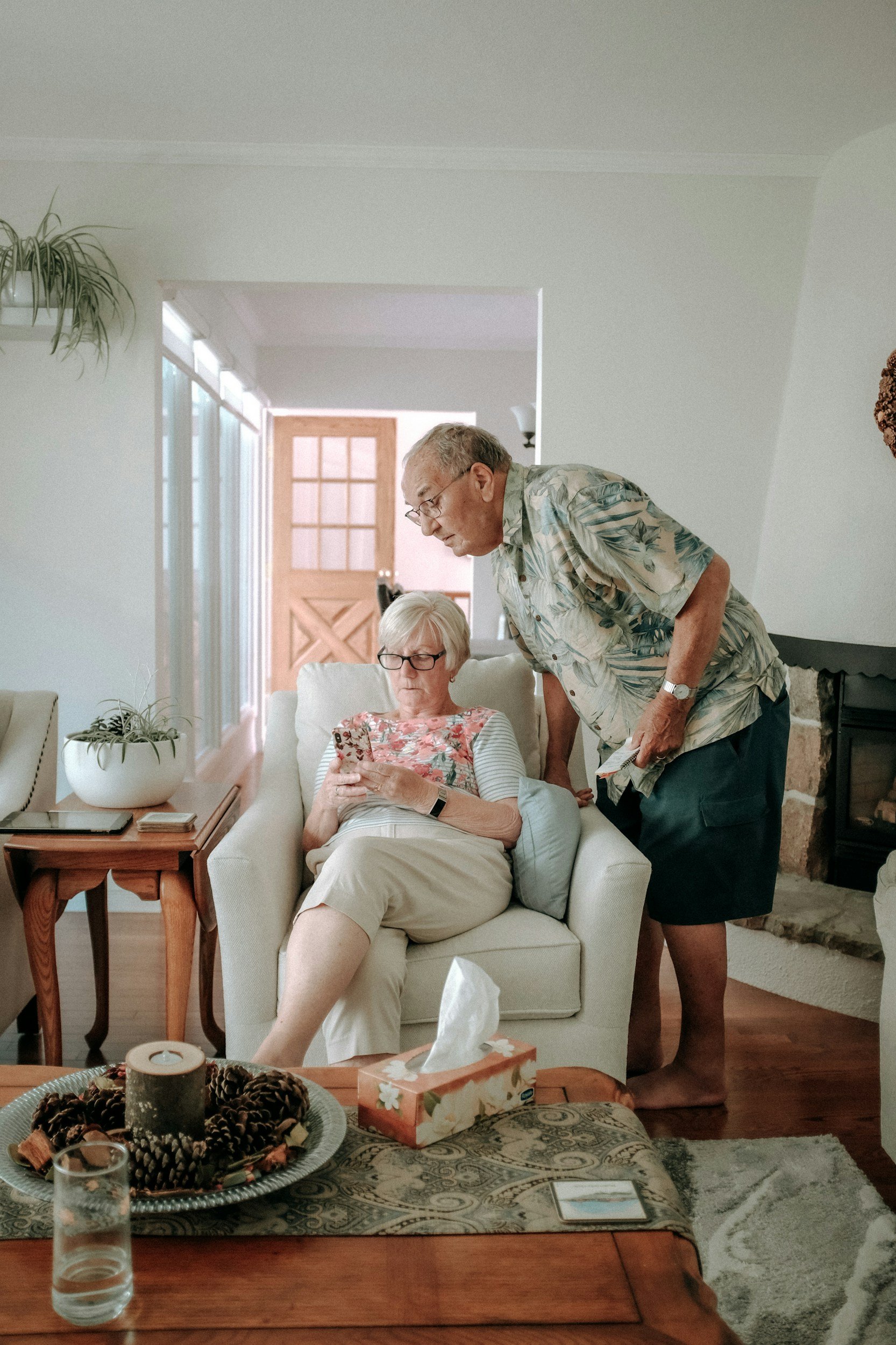

Strengthening Your Relationship: The Benefits of Marriage Counseling with The Counseling Hub in Jefferson City, Missouri
One of the primary benefits of marriage counseling is improved communication. Many couples struggle with expressing their thoughts and feelings in a constructive way, which can lead to misunderstandings, hurt feelings, and resentment. Worse than that, these hurts can build up over time and, if left unaddressed, wreak havoc on the satisfaction and health of the people within the relationship.

Online Counseling for Infidelity
Many people fall into one small problem: showing up to a counselor’s office isn’t an option right now, for whatever reason. Maybe you or your partner travel for work and are gone for most weeks out of the year. It could be possible you have children and it’s not possible to drive into the office or there is no one to come to the house to watch the kids. For the most common right now, maybe there is a global pandemic occurring and counselors are only seeing clients via telehealth. Whatever it may be, you can still do the work.

Online Counseling for Couples Therapy & Marriage Counseling
Online couples therapy and marriage counseling, in particular, looks different than individual online counseling, though. If you want a way more detailed version, you might be more interested to read this overview of what you can expect from couples therapy work, but I’ll still hit the highlights for you right here.

How to Handle Someone Not Listening
Ever leave a conversation with your partner feeling not listened to? What about feeling defeated? Pissed? Misunderstood? If you have walked away from a conversation feeling like nothing you said mattered, that feels terrible! We all have been the one feeling defeated and the one who’s not showing off their good listening skills.

What is Premarital Counseling Like?
Premarital counseling is one of the many services offered by our team at The Counseling Hub! As you may know, we specialize in individual counseling and couples therapy or marriage counseling. Premarital work definitely falls under the couples therapy or marriage counseling umbrella, but it’s slightly unique than other types of couples work that we do, and here’s why.

Antidotes to the Four Horsemen
Hallelujah, am I right?! You didn’t think that I’d leave you in the lurch, did you?! Pfffft! C’mon now, you should know me better than that at this point!

Contempt–Horsemen 4/4
In marriage therapy terms, we see contempt as a moral superiority over one's partner. Basically, if you're contemptuous, you see yourself as better than your partner and as having the 'moral' high ground…

Stonewalling–Horsemen 3/4
And it’s on to the next one. Stonewalling, my friends. This is the third horseman of the four. This one is pretty interesting, though, in that there’s some physiology that’s at play.
